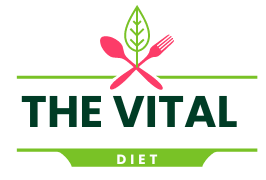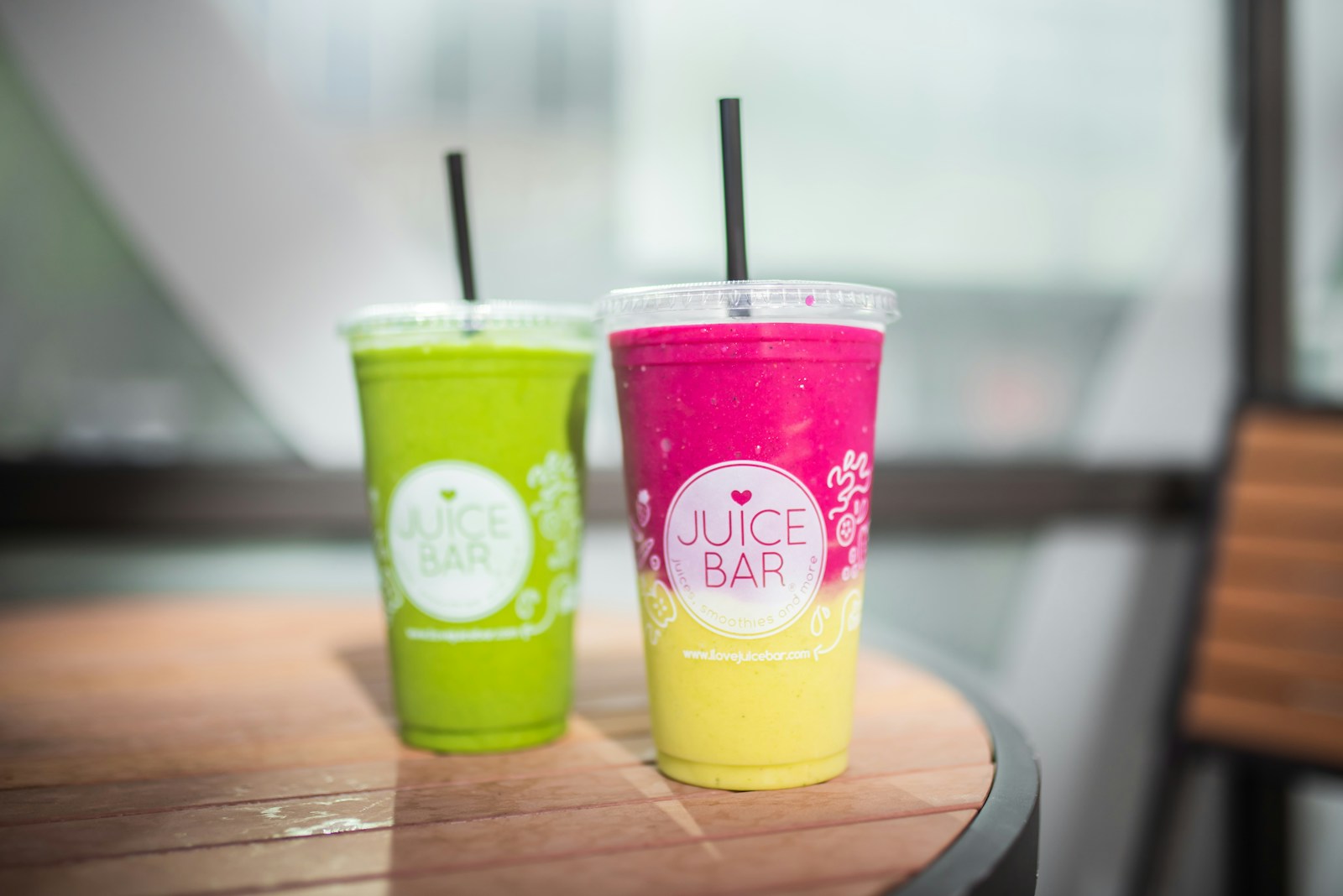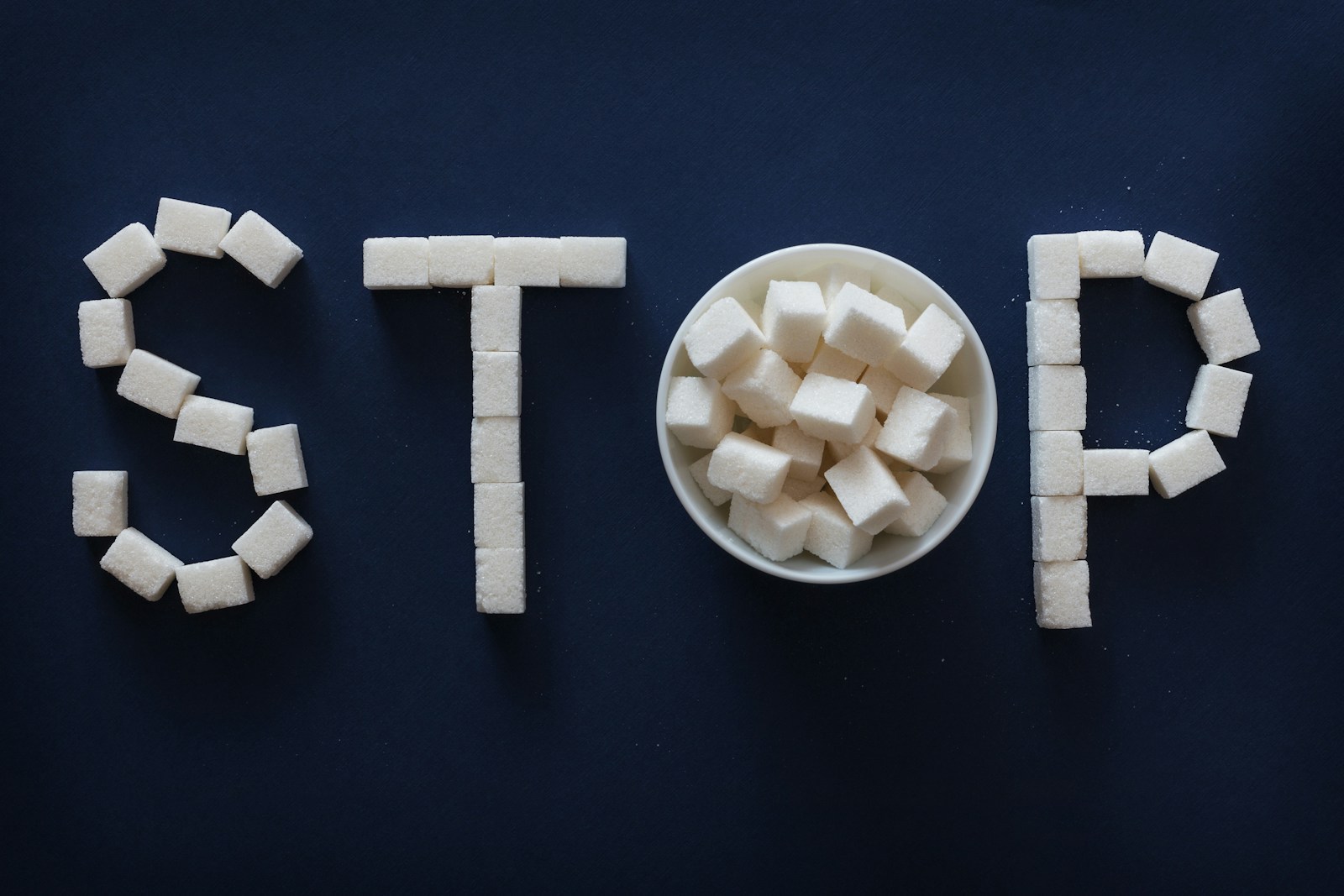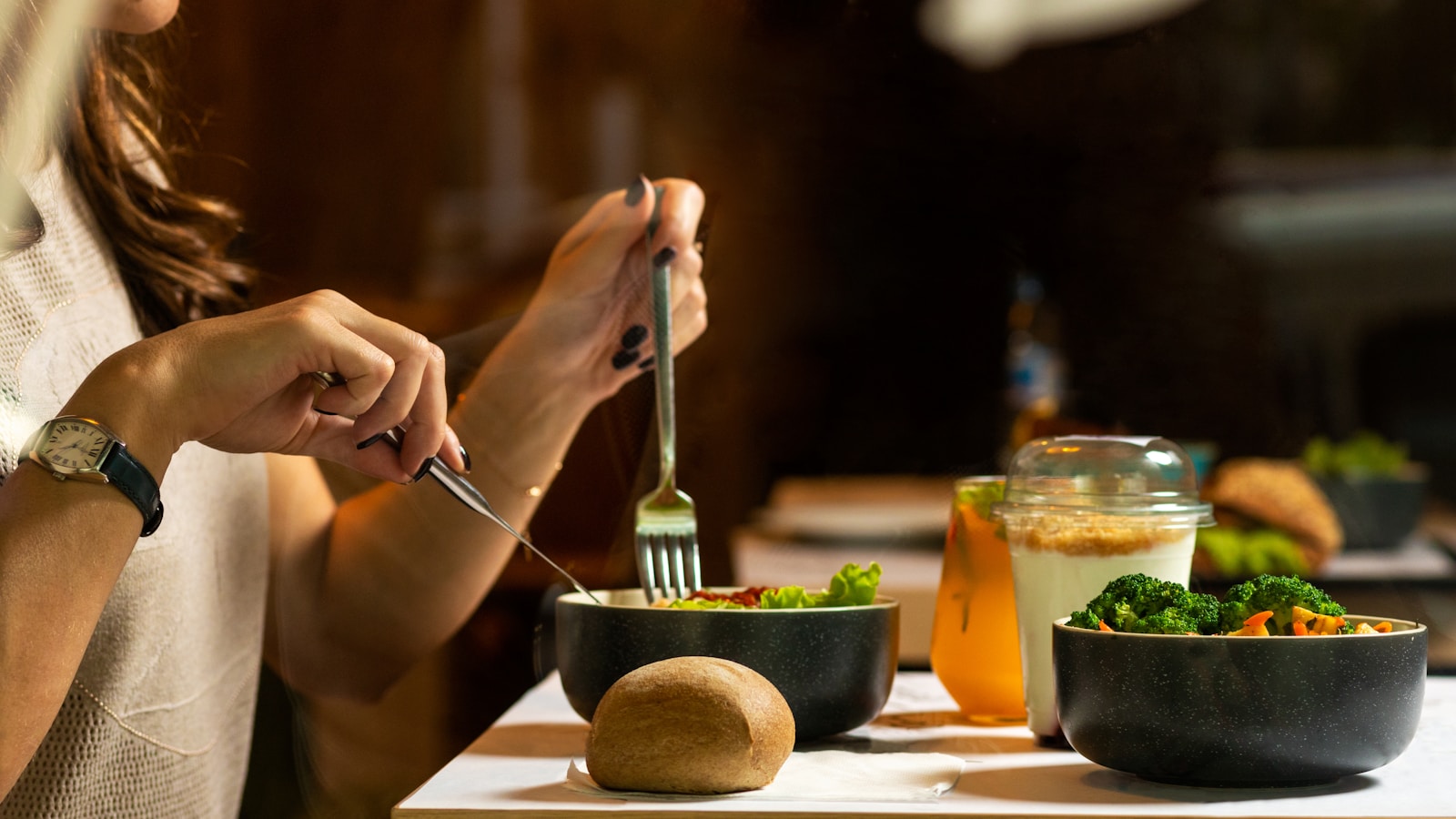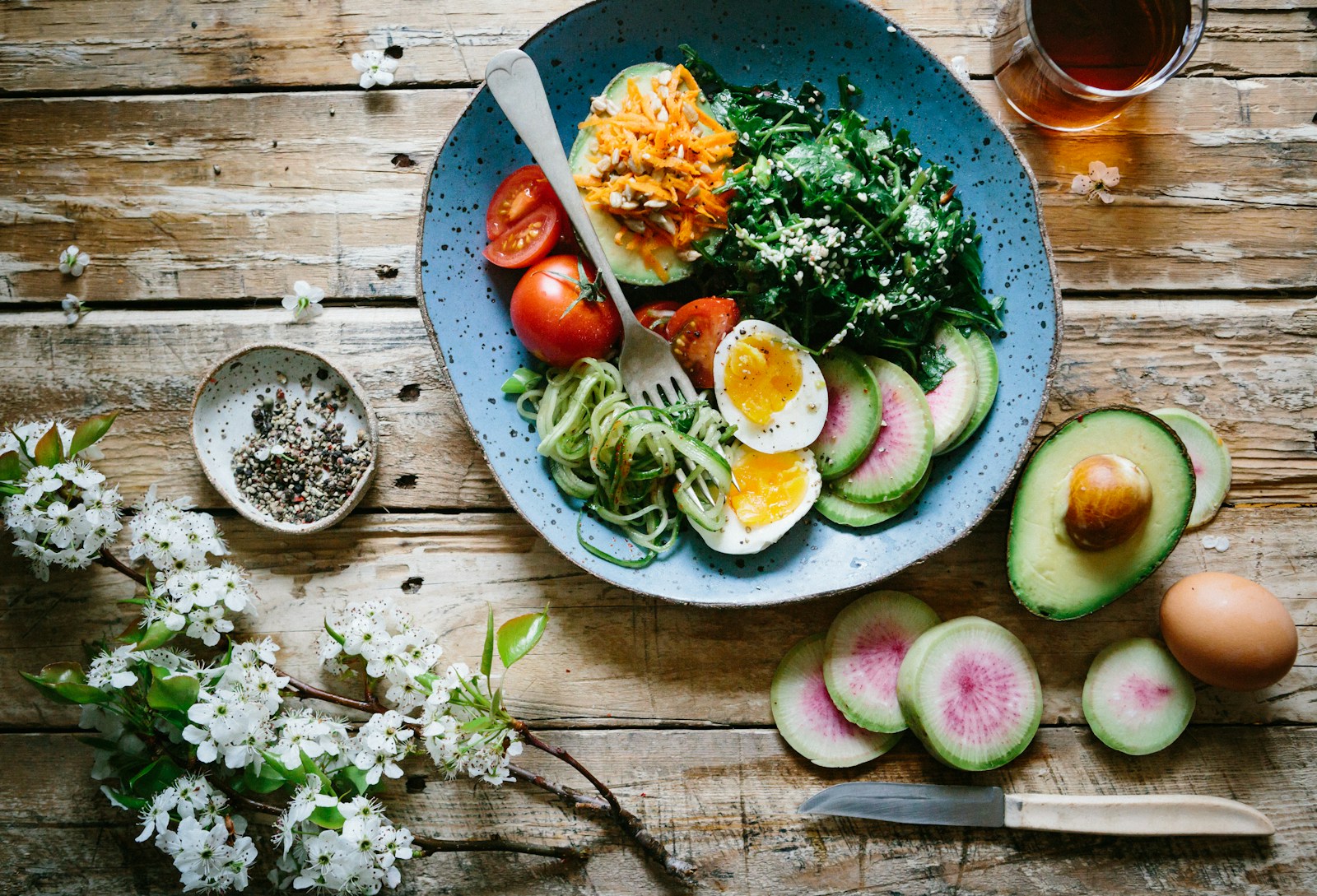
A juice cleanse, often termed as juice fast, has been gaining considerable attention in the wellness sphere. Yet, its effectiveness and health implications remain subjects of debate among health enthusiasts and professionals. This comprehensive guide delves into the concept of a juice cleanse, its potential benefits, drawbacks, and more.
Defining a Juice Cleanse
A juice cleanse is essentially a short-term dietary regimen primarily focused on the consumption of fruit and vegetable juices. The duration of this regimen typically ranges from one to three days. Proponents of juice cleanse argue that it aids the body’s natural detoxification process, offering a break from foods such as sugar, caffeine, and refined foods, which they believe can drain energy.
However, it’s crucial to note that the scientific evidence backing these claims remains sparse. Weight loss observed during a juice cleanse is often short-lived as the lost weight tends to return once you resume your regular diet.
A Peek into a Typical 7-Day Juice Cleanse Plan
Here is a brief rundown of a typical 7-day juice cleanse plan:
- Day 1: Gradually eliminate coffee, refined sugar, meat, dairy products, wheat, alcohol, and nicotine.
- Day 2: Continue eliminating the listed foods. Increase intake of fresh vegetables, fruits, and fluids.
- Day 3: Restrict intake of forbidden foods and bolster consumption of fruits, vegetables, and fluids.
- Day 4-5: Begin the juice cleanse with a blend of vegetable and fruit juices.
- Day 6-7: Gradually reintroduce solid foods into your diet.
A juice cleanse plan might differ based on individual needs and preferences.
Acceptable Foods during a Juice Cleanse
During a juice cleanse, the focus is majorly on raw, unpasteurized, organic juice. You can either make your juices at home or purchase them pre-made. Room temperature or lukewarm water may also be consumed between each juice or meal.
Fruits and vegetables used in juices vary, with common options including celery, kale, carrot, cabbage, apple, spinach, beets, leafy greens, and peppers. Nut milks like almond milk, cashew milk, and coconut milk are often included for additional nutrients and variety.
Foods to Avoid During a Juice Cleanse
During a juice cleanse, you are typically advised to avoid all solid food, as well as any liquids not made from the prescribed fruits, vegetables, and nut milks. All animal products, including dairy, eggs, meat, poultry, seafood, and fish, are off-limits.
Non-nutritive and processed foods like caffeine, sugar, sugary drinks or sweets, fried foods, and alcohol are also excluded from the diet during the cleanse.
How to Prepare for a Juice Cleanse
The preparation for a juice cleanse involves drinking juice slowly rather than gulping it down to maximize nutrient absorption. Juice is typically consumed a couple of hours apart, with the final drink of the day at least three hours before bedtime.
During a juice cleanse, light physical activity is recommended. Mind-body practices such as diaphragmatic breathing, progressive muscle relaxation, or mindfulness meditation are also encouraged.
Pros and Cons of a Juice Cleanse
While a juice cleanse does come with a few potential benefits, it’s not devoid of drawbacks. Here’s a look at some of the pros and cons to consider before embarking on a juice cleanse.
Pros
- Improved health: A juice cleanse can increase the intake of vitamins, minerals, and other anti-inflammatory compounds, potentially boosting immunity and overall health.
- Increased energy: Some people report feeling more energetic after a juice cleanse.
- Reduced dehydration: Drinking juice all day can help reduce dehydration.
- Toxin elimination: Several fruits and veggies used in juice cleanses are recognized as natural detoxifiers.
- Better digestion: Raw juice contains enzymes that may improve digestion.
Cons
- Promotes unhealthy eating habits: Juice cleanse tends to promote quick weight loss but can also lead to weight gain once a regular diet is resumed.
- May cause kidney stones: Many juices are made from dark, leafy greens and beets, which are high in oxalate and may cause kidney stones.
- May cause low blood sugar: The juice cleanse is low in calories and may cause low blood sugar.
- May cause bacterial infections: Drinking unpasteurized juice or juice that has not been otherwise treated to kill bacteria can make some people sick.
Is a Juice Cleanse Right for You?
While a juice cleanse might provide a quick reset or a short-term boost for starting a new healthy eating program, it’s not recommended as a long-term weight loss program. Instead, a balanced diet that includes a variety of fruits, vegetables, grains, lean meats, beans, legumes, nuts, seeds, dairy, and oil is often the healthier and more sustainable choice.
Concluding Thoughts
While freshly squeezed fruit or vegetable juice can be part of a healthy, balanced diet, relying solely on juice for detoxification, weight loss, or curing specific ailments is not an effective or scientifically backed health improvement strategy. It’s always advisable to consult with a healthcare professional before starting any new diet or cleanse.
